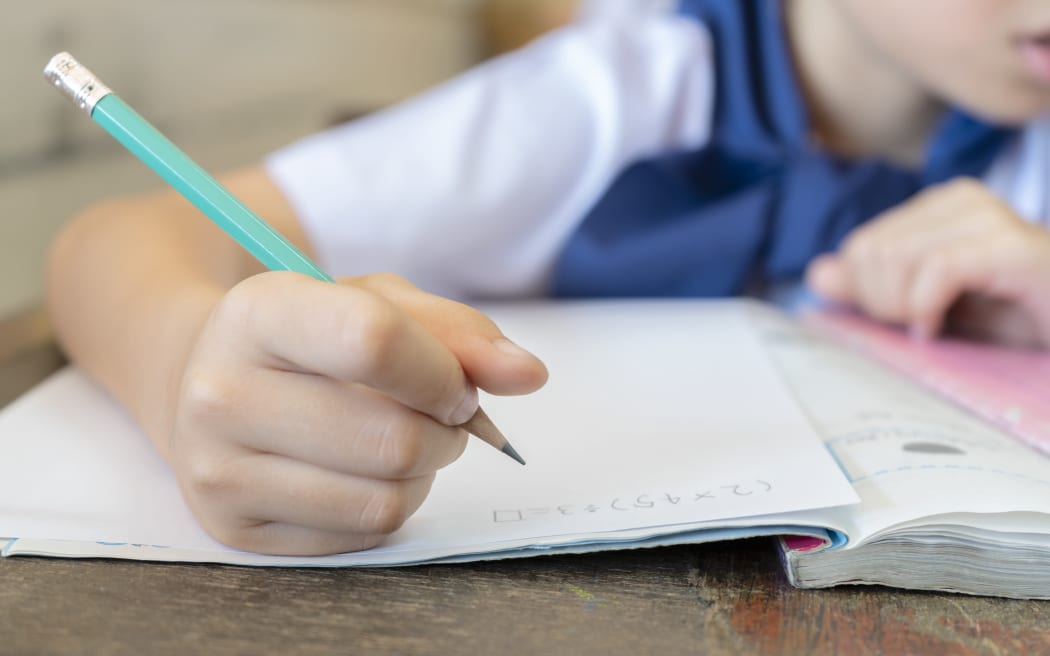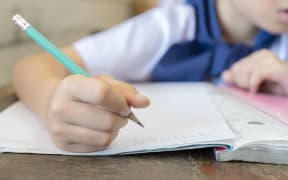
About 400,000 children in 57 countries and eight territories participated in the study in 2020-22. Photo: 123RF
New Zealand is one of the few countries to avoid a significant pandemic-related fall in reading scores in a major international test.
This country's 10-year-olds recorded an average score of 521 in the 2020 Progress in International Reading Literacy Study (PIRLS), a statistically insignificant two points lower than the previous round of testing in 2016.
About 400,000 children in 57 countries and eight territories participated in the study in 2020-22, and Singapore - which tested in English - had the highest average score at 587 points.
New Zealand tested its cohort at the end of 2020, while countries including England and Australia delayed the test by one year and others, such as Ireland and Northern Ireland, tested their cohort at the start of their following school year, meaning they were about six months older than other children in the programme.
The test report said only 32 countries provided data comparable to their 2016 assessment and three improved their average scores, while eight, including New Zealand, had no change, and 21 had lower average achievement.
The Ministry of Education said it was likely Covid-19 had a negative impact on the results from many countries, including New Zealand, but it was difficult to measure the exact effect.
"What this information appears to show is that New Zealand was not impacted to the same extent as other countries," the ministry said. "Analyses of data from e-asTTle, an assessment tool used in New Zealand classrooms, show that there appeared to be no evidence of either moderate or large changes in reading progress from 2019 to 2020.
"The pressures of learning during a pandemic may have had more of an impact on New Zealand's students' engagement with school, and their attitudes to and confidence in reading, than on their achievement."
However, the results meant New Zealand's scores remained at record lows in three separate international assessments - PIRLS, the Programme for International Student Assessment (PISA) for 15-year-olds, and the Trends in International Mathematics and Science Study (TIMSS) for nine and 13-year-olds.
New Zealand's PIRLS score was 20th-equal with Spain among countries that tested their cohort at the end of their school year, but 27th if all countries were included.
Both placings were an improvement on 33rd in the 2016 test.
England's average score was 558, a drop of one point, and Australia's was 540, a drop of four.
New Zealand's spread of scores was one of the widest, ranging from about 360 to 650 points and the results indicated socio-economic factors had a significant impact.
Internationally, children from richer families recorded average scores 86 points higher than children from poorer backgrounds. In New Zealand the difference was 84 points.
New Zealand children at schools where most pupils were well-off had average scores 70 points higher than those at schools with mostly poor families, a gap much higher than the international average of 42 points.
The 18 percent of children from New Zealand schools where principals said they had strong emphasis on academic achievement had average scores 73 points higher than the 26 percent of children at schools where principals said they had a moderate emphasis on academic achievement. Internationally, the gap was 39 points.
The PIRLS assessment tested children on fiction and non-fiction texts of about 500-900 words in length.
It tested children's ability to "focus on and retrieve explicitly stated information, make straightforward inferences, interpret and integrate ideas and information, and evaluate and critique content and textual elements".
Participants might be asked to give reasons for a character's action, to describe the relationship between two characters, or to identify which section of a text or website would help for a particular purpose.






